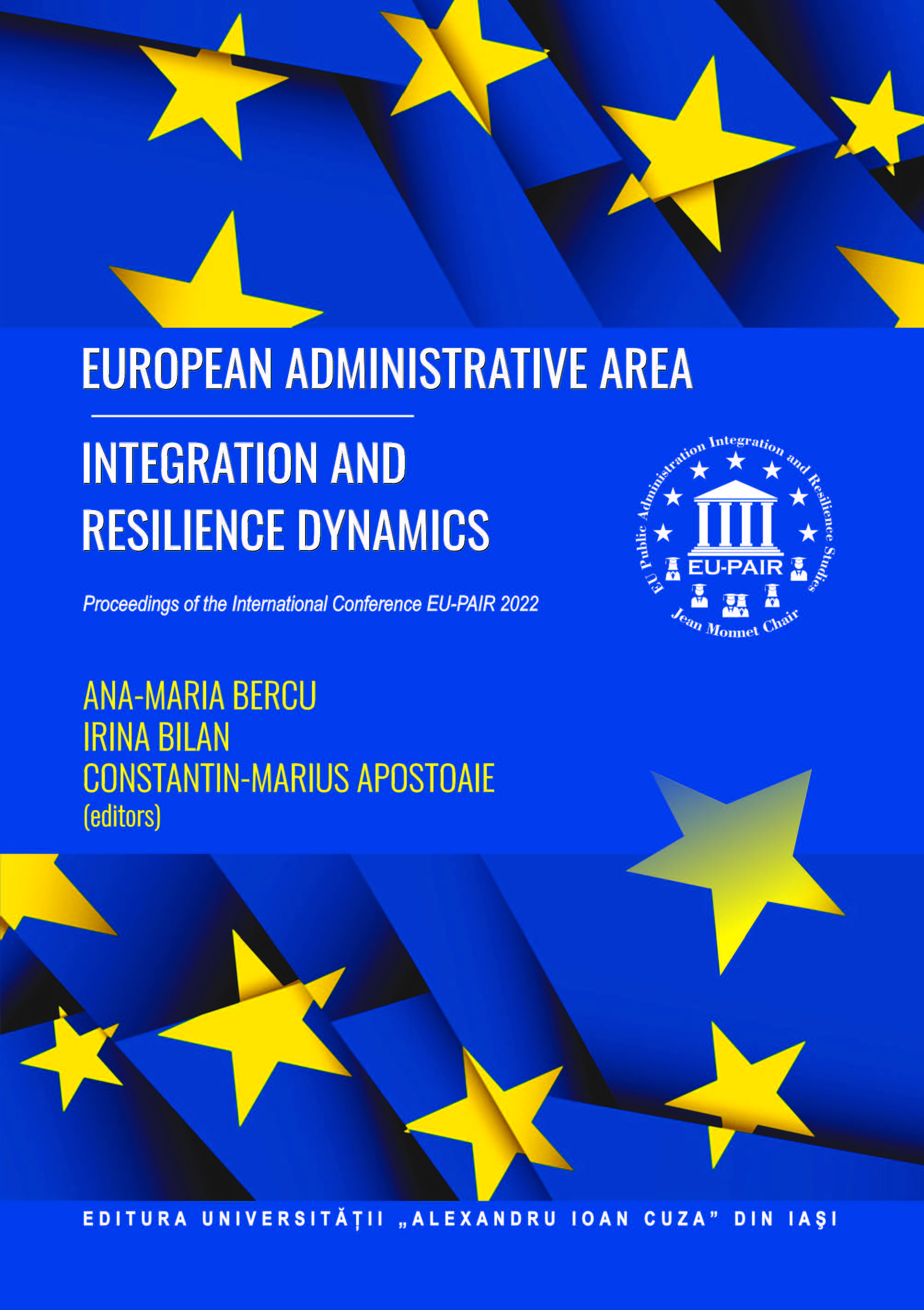
THE LINK BETWEEN ECONOMIC AND POLITICAL INTEGRATION IN EUROPE
This contribution analyses the link between economic and political integration in Europe from a historical perspective. The aim is to shed light on the dynamics behind the various phases of European integration, which – it bears clarifying from the start – is first and foremost a political project. In the first part of the paper, I will look at the context in which the European Communities were created after the Second World War. I will then present Jean Monnet’s vision and analysis of Europe, before expanding the scope to include some competing visions. This will be followed by an explanation of the shift in European integration in the 1990s. I will conclude with a look at the latest integration-related issues and the prospects for the future.
More...